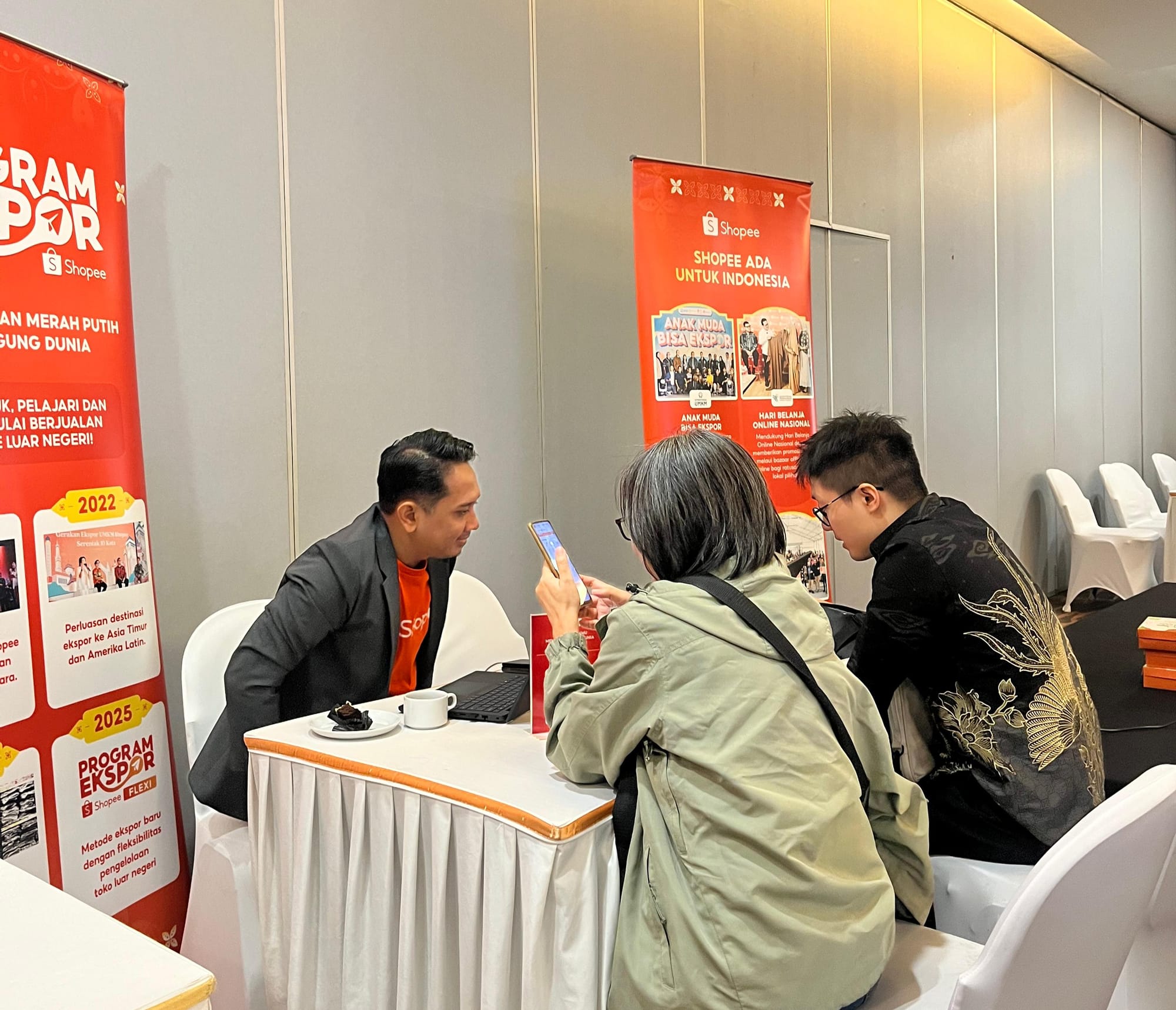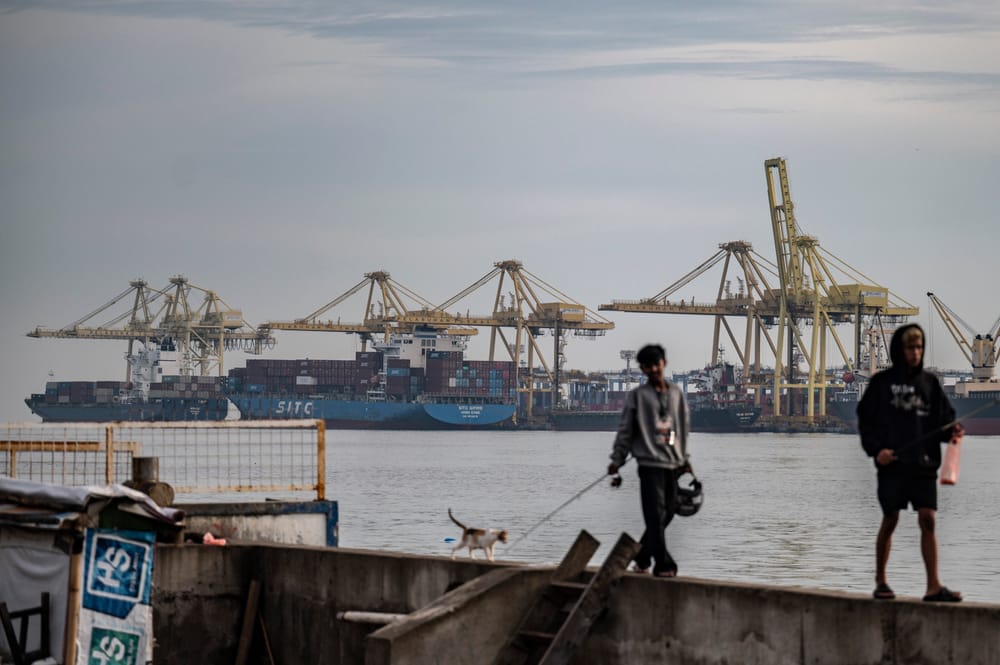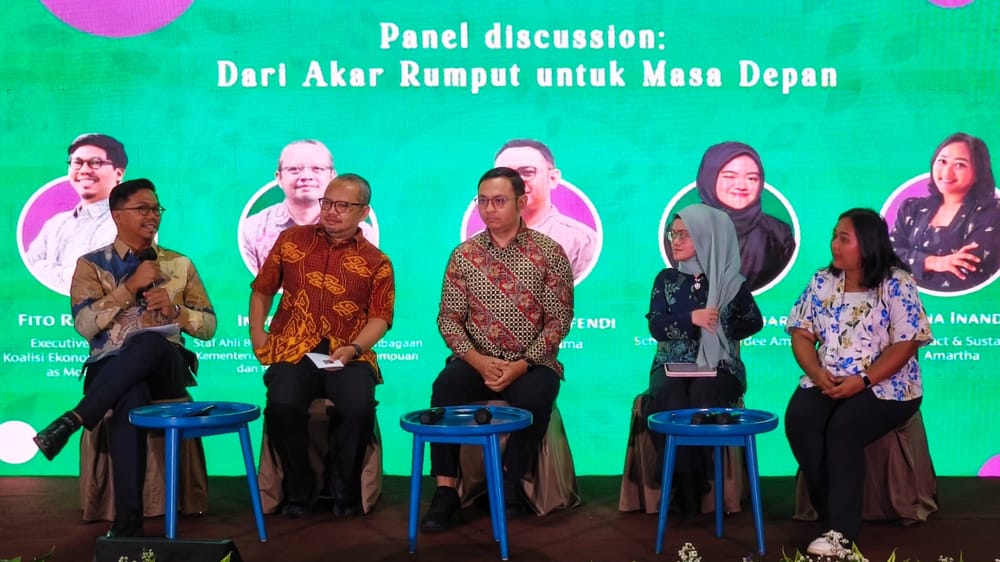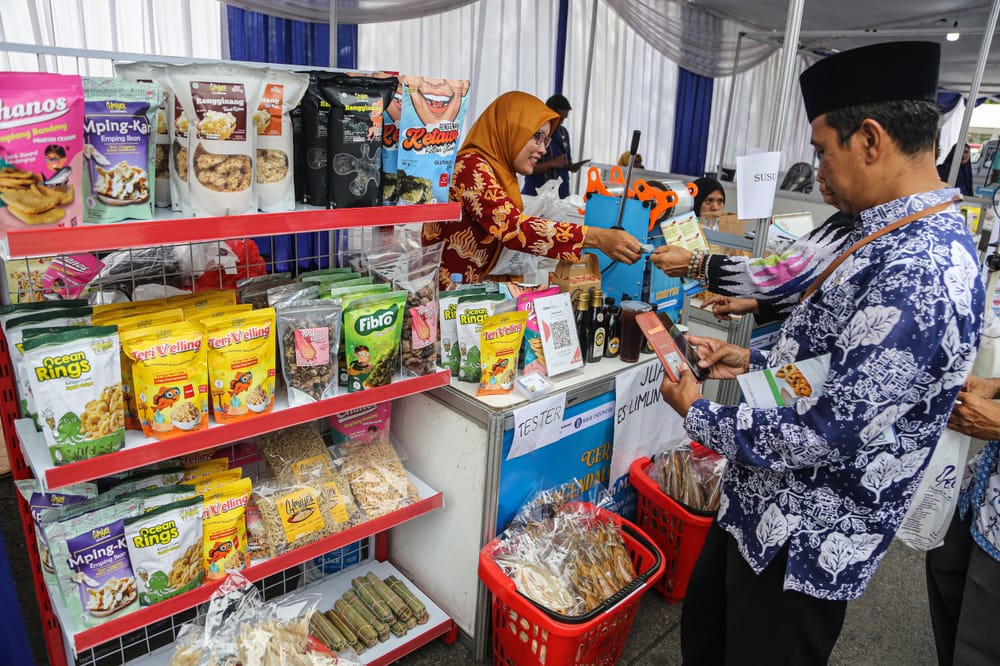When global trade is shaken by high tariffs and the US trade war, another opportunity opens wide. Namely, exporting via digital channels.
The government on Thursday (7/8/2025) called on Indonesian micro, small and medium enterprises (UMKM) to intensify exports to ASEAN using various digital platforms, without having to meet face to face.
"UMKM can now export without ever meeting the buyer," said Minister of Trade, Budi Santoso, at the Kick Off ASEAN Online Sale Day (AOSD) 2025 in Jakarta, Thursday (7/8/2025).
This year's AOSD carries the theme "A Click to Prosperity", which aims to encourage online shopping interest while promoting superior UMKM products from ASEAN countries.
Budi hopes that UMKM players can become more familiar with the markets of ASEAN countries. He also emphasized the importance of taking advantage of the AOSD 2025 momentum to promote Indonesian UMKM to be better known in the global market.
Budi highlighted the strategic role of e-commerce, such as Shopee, in supporting the export of UMKM products to penetrate markets outside the ASEAN region.
UMKM can export
According to Budi, this kind of synergy is very important to support the Ministry of Trade's program, namely UMKM Bisa Ekspor.
He mentioned that this program has facilitated around 773 UMKM with transaction values reaching USD 90 million, or around IDR 1.4 trillion.
Budi emphasized that digital exports are different from regular selling on e-commerce. "This is not just about small-scale transactions, but large-scale ones. We want UMKM to level up," he said.
“This is not just about small-scale transactions, but large-scale ones. We want UMKM to level up,” said Budi.
According to Budi, the UMKM Bisa Ekspor program is not just regular e-commerce. It targets a larger scale, with a mass export orientation.
This step is not only about technological convenience, but also about removing psychological barriers: that exports are no longer the domain of large corporations.
"We encourage UMKM to be more active in seeking opportunities, because the market out there is very broad," he added.
Export without a passport
Director General of International Trade (PPI) of the Ministry of Trade, Djatmiko Bris, said that cross-border electronic commerce in the ASEAN region plays an important role in strengthening Indonesia's exports, especially for UMKM players.
The government, said Djatmiko, continues to encourage product marketing strategies, education related to logistics, and business capacity development through exports.
This includes the process of curating and qualifying UMKM to be ready to enter the export market, as well as utilizing various trade cooperation agreements, both bilateral and regional – such as the FTAs and SEPAs that Indonesia already has.
“We understand that e-commerce platforms have now become a strategic choice for UMKM to reduce logistics and operational costs, while also marketing their products more efficiently,” he said.
Through e-commerce, UMKM products can reach a wider market and more diverse consumers.
Shopee is also encouraging this change. Director of Business Partnerships at Shopee Indonesia, Daniel Minardi, mentioned that since 2019, Shopee has exported more than 60 million UMKM products to Southeast Asia, the East, and even Latin America.
"Just send it to our warehouse, and we will continue the export process," explained Daniel.
"Collaboration is the key. If we fight together, exports are not a dream, but a reality," Daniel continued.
Local hijab to the Asian market
One of the business actors who is taking advantage of this opportunity is Februari. A graduate of the faculty of engineering who never planned to become a businessman initially only wanted to sell gamis and hijabs. But the large market and unique needs of Muslim women gave birth to Alivia House, a retail store for sharia-compliant swimwear.
"Many Muslim women find it difficult to swim because there are no suitable clothes. The solution: swimwear with comfortable spandex, polyester, and nylon materials that are polite and meet swimming pool rules," she told SUAR.
With a spirit of learning and armed with courage, Februari entered e-commerce. She runs live shopping for up to 18 hours per day.
"It was tiring at first, but the results are amazing. Our sales can reach tens of thousands of packages per month," he said.
Exporting was initially just a dream, but Shopee's export program paved the way.
"Our products are now being shipped to Malaysia, Singapore, Thailand, and the Philippines. Export turnover has increased by almost 2,000% compared to the previous year," he said.
Now, Alivia House is more than just a personal business. It has employed dozens of people, empowering the surrounding community. "We believe that with technology and commitment, we can fly the Indonesian flag in the international arena," he said.
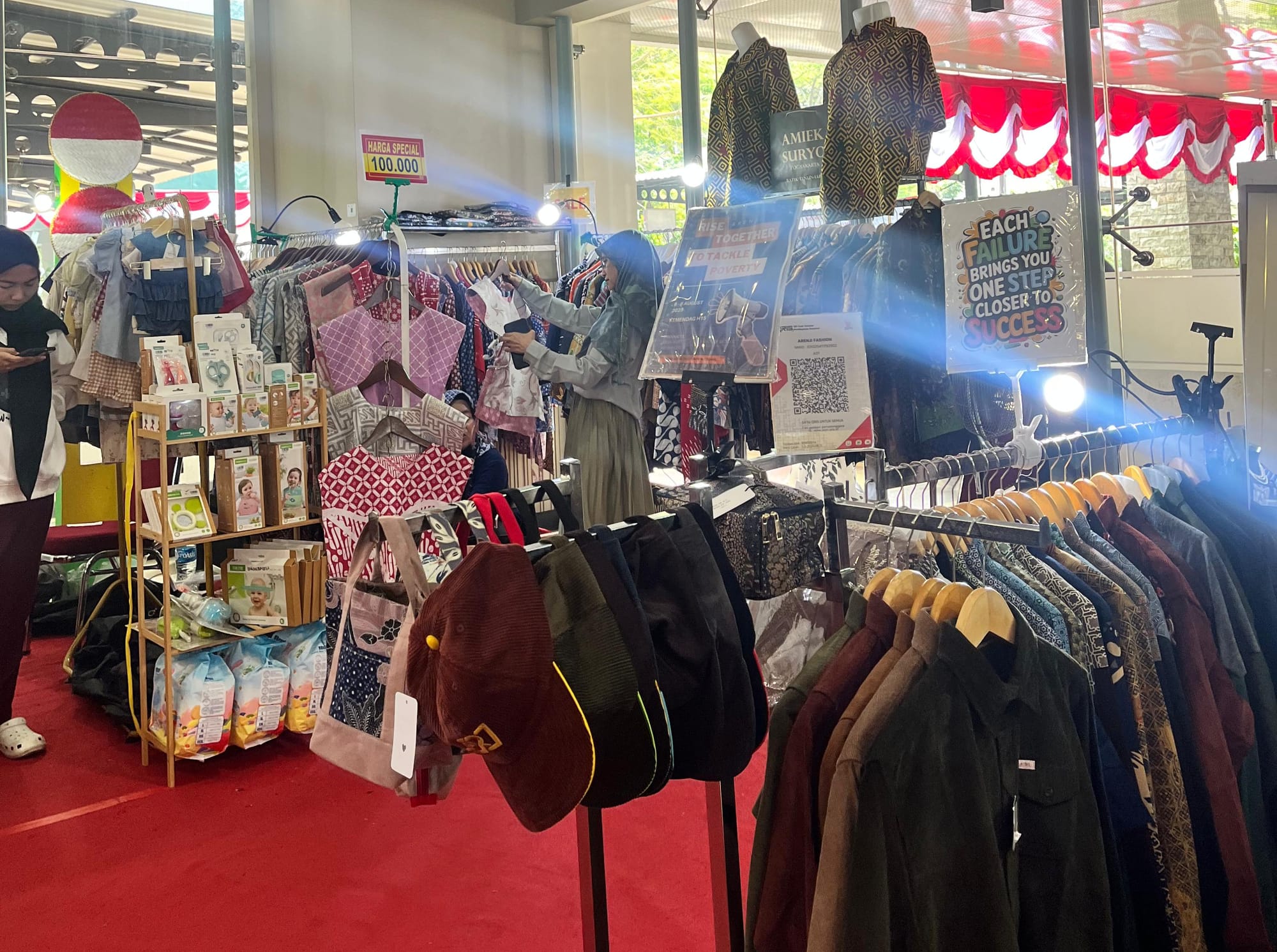
Honey and vanilla are also selling well
Not only fashion, other local products are also starting to show their potential in the global market. One of them is Erick, a businessman from PT Suntara Perintis Jaya who produces premium vanilla bean.
Although it has only been running for two years, he has started exploring exports in a way he calls finding a pattern of play. "Our main market is indeed for export. But we realize that we must first understand how to play locally before truly expanding significantly," he said.
For Erick, the biggest challenge is the lack of information about exports. "We are still learning. Even from the ministry, the information available is still not clear enough for UMKM players like us," he said honestly.
He welcomed the presence of Shopee Export 2.0, which gives UMKM the flexibility to manage their own storefront and sales strategies abroad. "In the past, exports had to be in large quantities, but now they can be in small portions. That really helps us," said Erick.
His product, which is considered niche, with premium consumers such as expensive bakeries, requires Erick to carefully choose his destination countries. But he believes that digital exports can be a shortcut to the right market.
"Now it's just a matter of how we can find the market and consistently take care of it," he added.
"Because if we only play in the local market, the direction is unclear, especially since purchasing power is currently very depressed," he said.
"If we only play in the local market, the direction is unclear, especially since purchasing power is currently very depressed," said Erick.
Challenges to be faced
However, not all export stories end well. Irwandi, a businessman engaged in herbal foods, namely honey and herbal medicine, tells the story of how their experience trying to sell through global platforms such as Alibaba ended less smoothly.
"When we tried it, some people asked about prices and specifications, but then disappeared. We didn't hear from them again," he said.
They tried for three months, then gave up. Even so, the effort was not in vain. Now, their products have entered 14 countries, including Nigeria, Niger, Togo, Madagascar, and Malaysia. But new challenges come from the aspects of legality and buyer trust.
"Payments (from buyers) are often unclear. Fortunately, we are assisted by the ITPC (Indonesia Trade Promotion Center) to check their credibility," he said.
He emphasized the importance of UMKM being active in order to survive and thrive in foreign markets. "We have to diligently participate in training, Ministry of Trade events, and ask a lot of questions. The government is actually quite accommodating if we are active," he said.
Products such as Indonesian honey and herbal medicine are considered to have advantages in Muslim-majority countries because of their strong halal certification.


